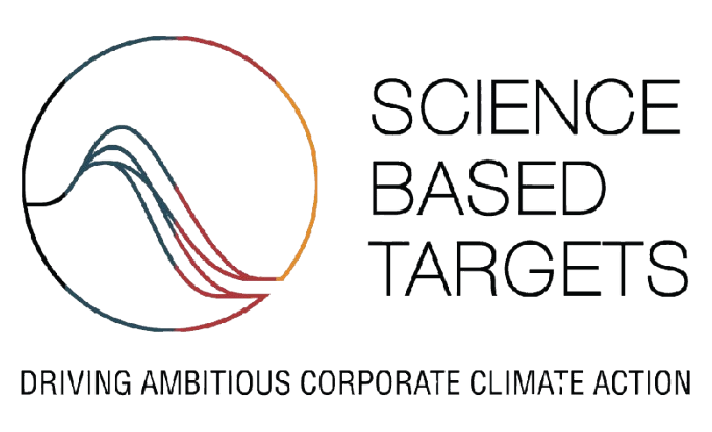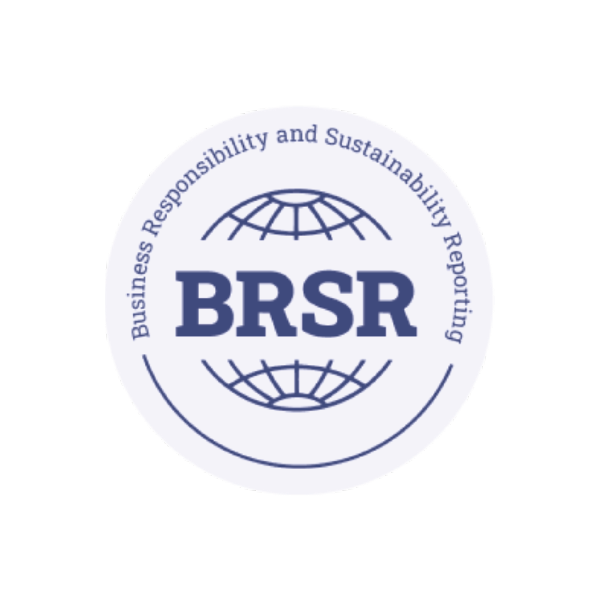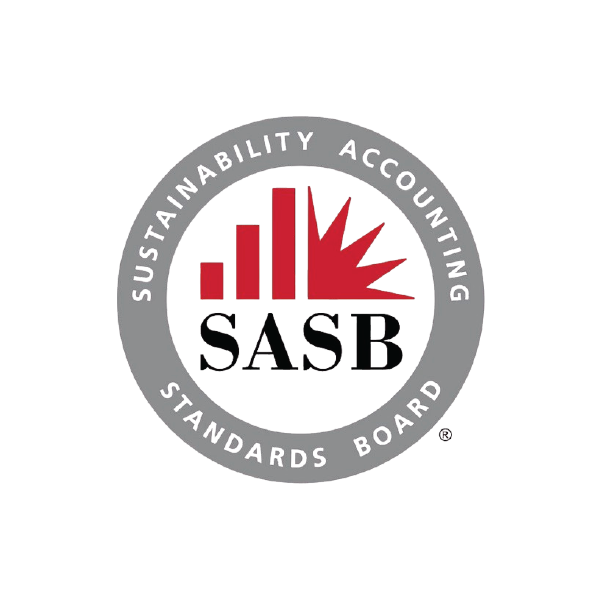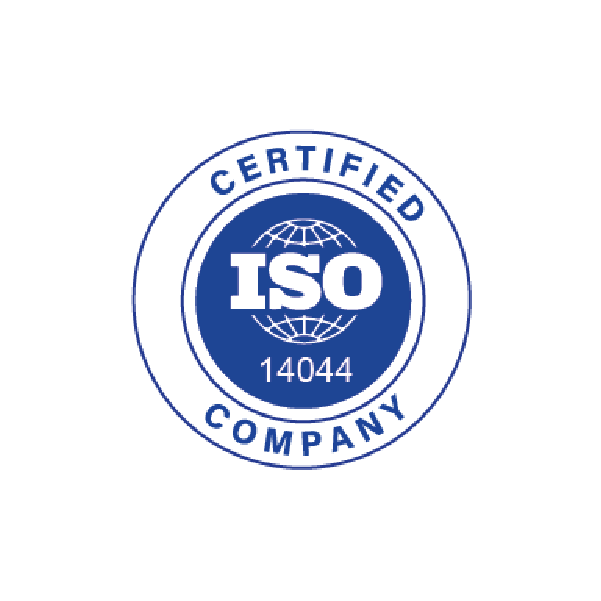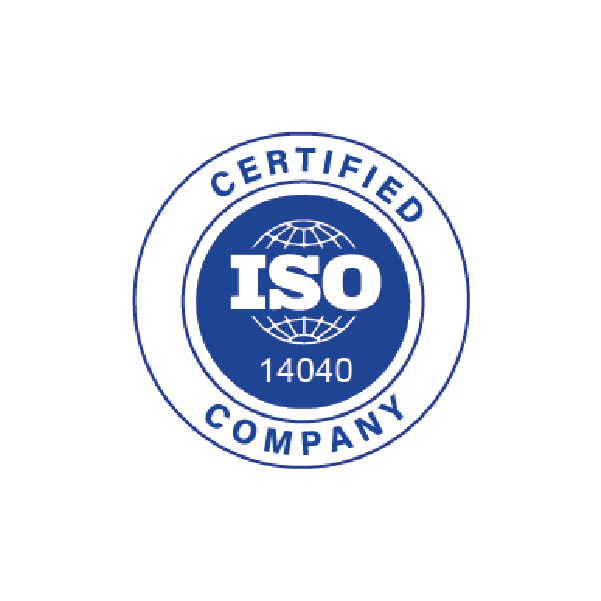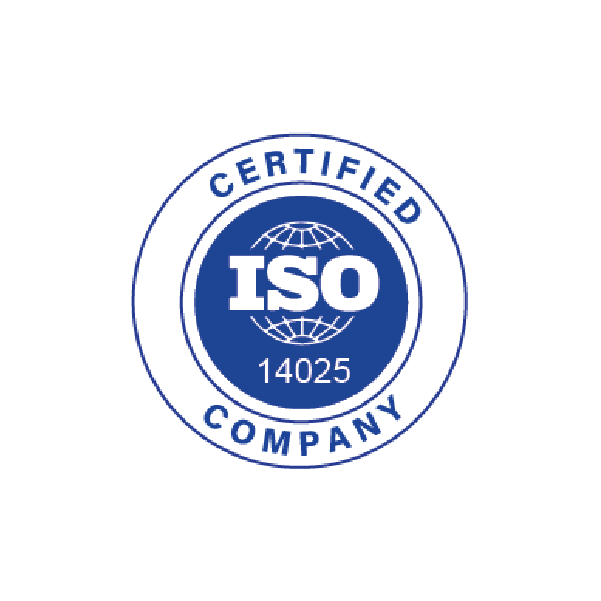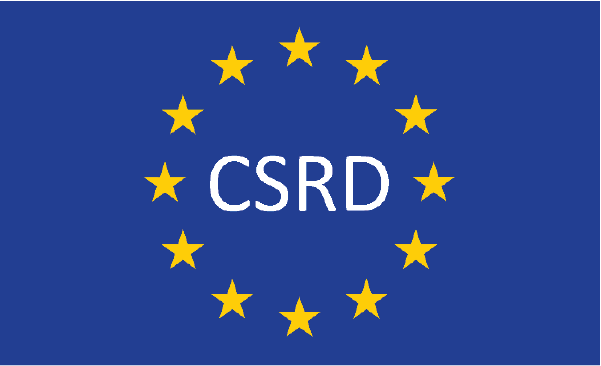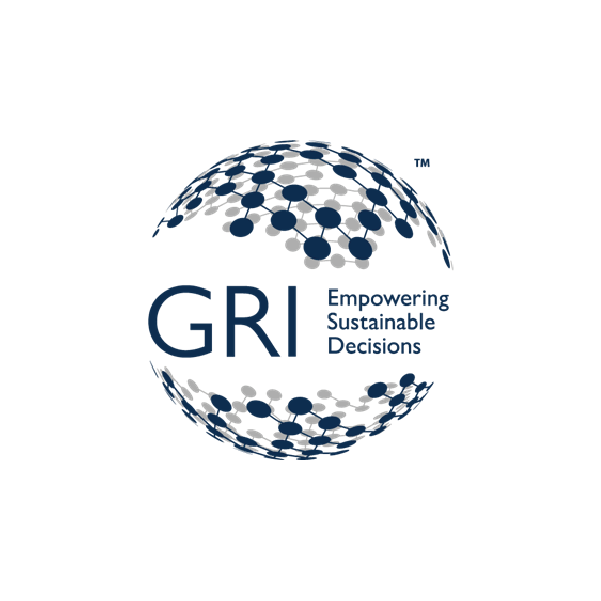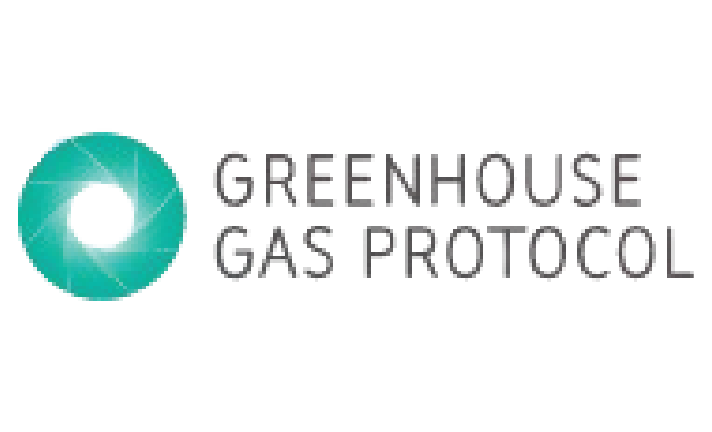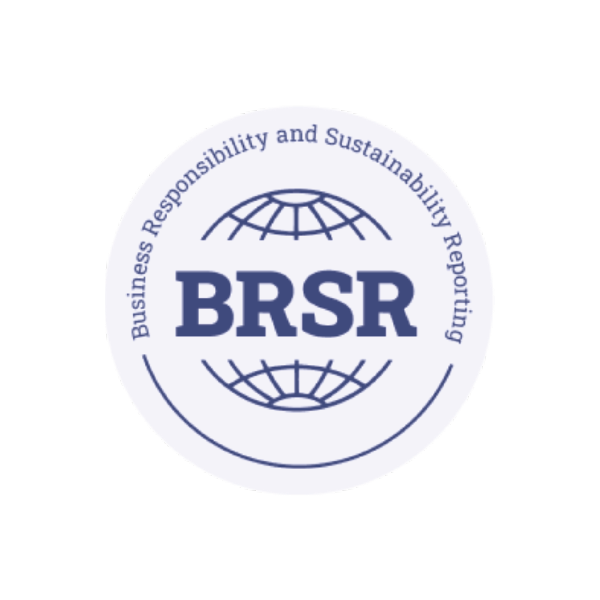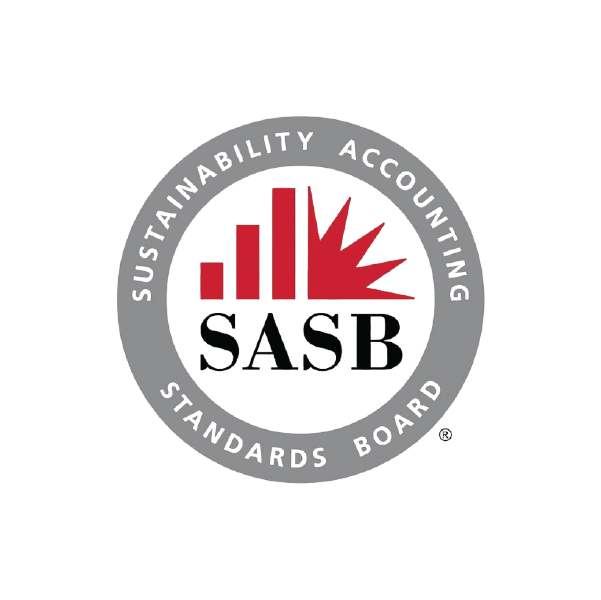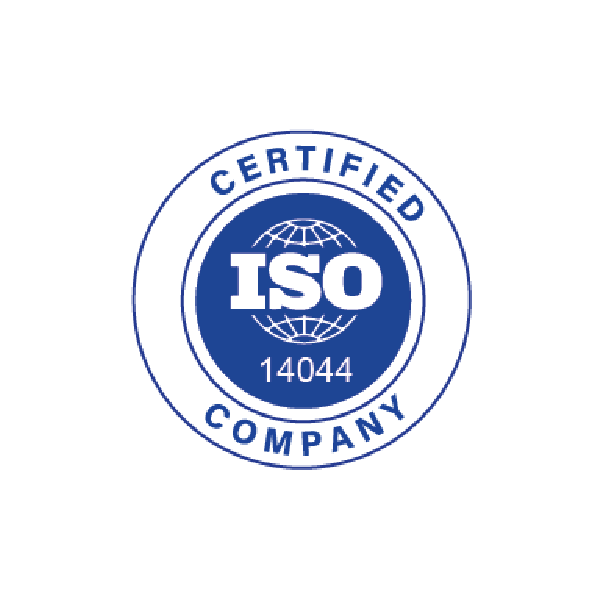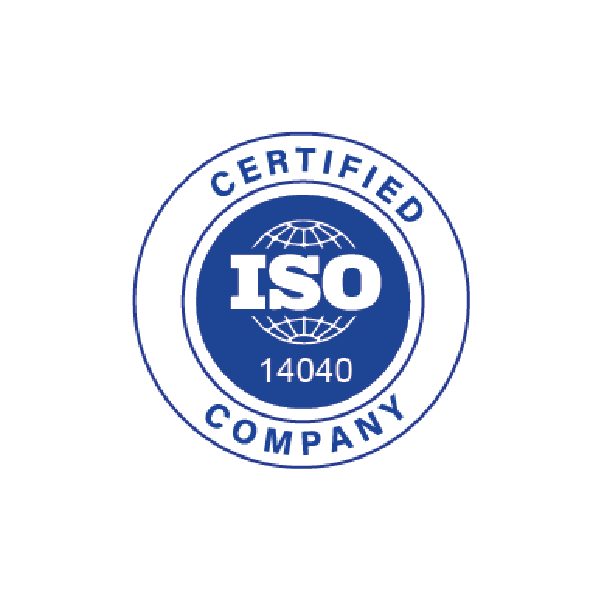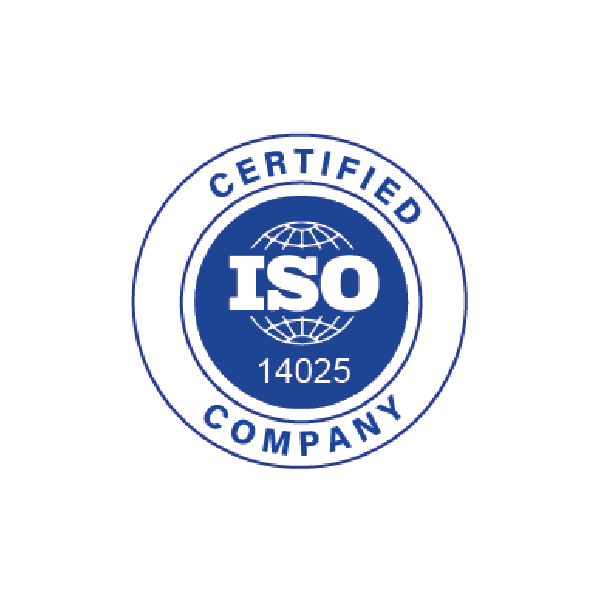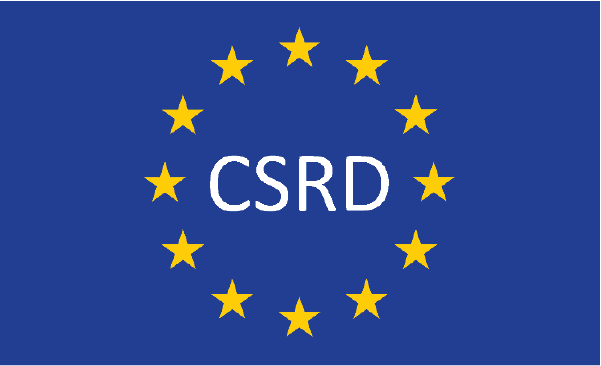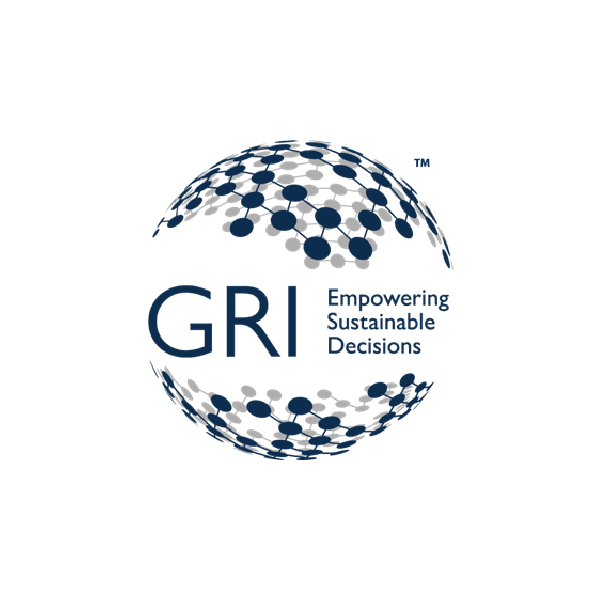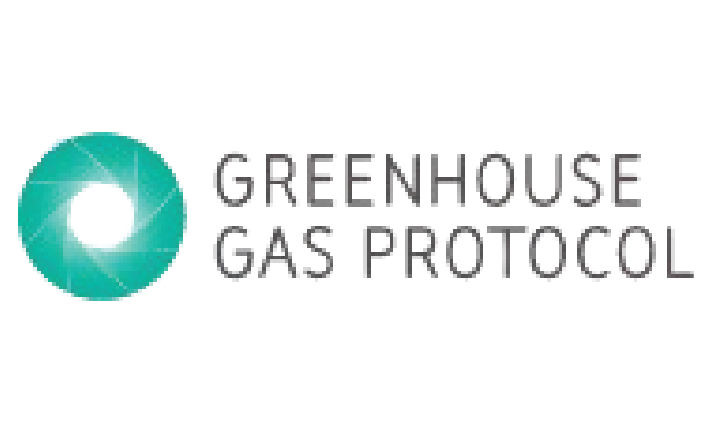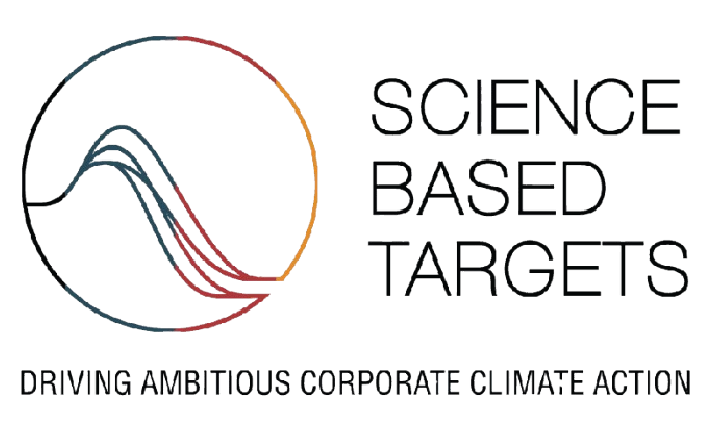Measure your product’s environment footprint
Understand the life cycle impacts of your products, make your products more sustainable, and craft your product story

What is LCA?

LCA, or Life Cycle Assessment, is a globally accepted method for assessing the environmental impacts of materials, products, and processes throughout their life cycle. This includes raw material extraction, transport, assembly, use, and disposal. LCA also supports regulatory compliance, eco-labeling, and certification processes, enhancing the credibility of your sustainability claims.
Why Conduct an LCA?
Conducting an LCA enables you to:

Identify Environmental Hotspots
Pinpoint the most critical environmental stages in your product’s lifecycle for focused improvement.
Compare Alternatives
Assess and compare the environmental performance of different materials and processes to guide sustainable choices.

Support Data-Driven Marketing
Use LCA findings for transparency and credibility in sustainability marketing.
Reduce Carbon Footprint
Develop strategies to lower your product’s carbon footprint and achieve net-zero.

Identify Environmental Hotspots
Pinpoint the most critical environmental stages in your product’s lifecycle for focused improvement.
Compare Alternatives
Assess and compare the environmental performance of different materials and processes to guide sustainable choices.

Support Data-Driven Marketing
Use LCA findings for transparency and credibility in sustainability marketing.
Reduce Carbon Footprint
Develop strategies to lower your product’s carbon footprint and achieve net-zero.
Initial Conversation
Define the project goals and scope
- process improvement
- marketing
- compliance
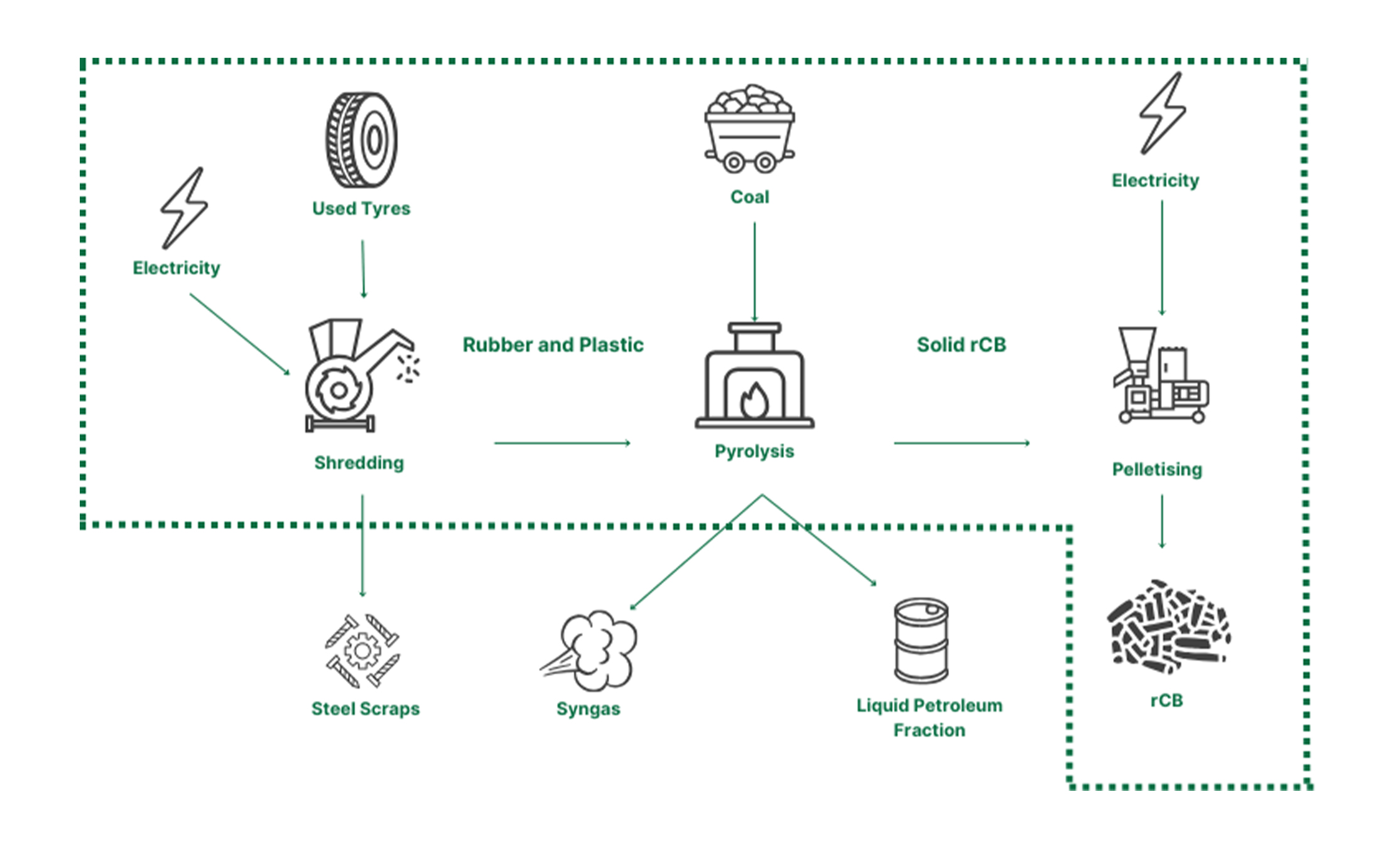
Initial Conversation
Define the project goals and scope (e.g., process improvement, marketing, or compliance).
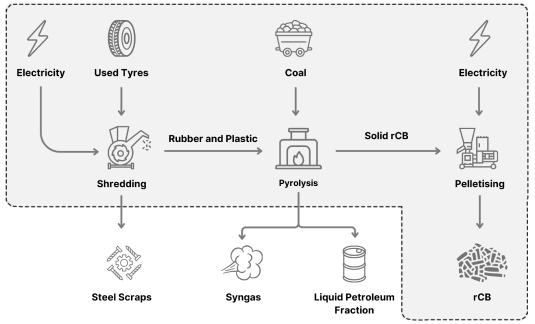
Data Gathering
Collect essential data via questionnaires and site visits.

Data Gathering
Collect essential data via questionnaires and site visits.

Review & Analysis
Calculate life cycle impacts across 16 environmental categories
- Acidification: Terrestrial
- Climate Change
- Ecotoxicity: Freshwater
- Ecotoxicity: Marine
- Ecotoxicity: Terrestrial
- Energy Resources: Non-Renewable, Fossil
- Eutrophication: Freshwater
- Eutrophication: Marine
- Human toxicity: Carcinogenic
This measures the acidification of soil caused by air pollutants like sulphur dioxide. Excessive acidification can harm plants, reduce soil fertility, and disrupt ecosystems.
Reflects the contribution of greenhouse gases to climate change over a 100-year period. GWP100 is crucial for understanding the long-term impact of emissions on global warming.
Indicates the potential harm of toxic substances to freshwater ecosystems, affecting organisms like fish and aquatic plants.
Assesses the impact of pollutants on marine environments, where toxic substances can harm marine life and disrupt ecosystems.
Measures the toxic effects of chemicals on land ecosystems, which can harm wildlife, plants, and soil microorganisms.
Evaluates the depletion of non-renewable fossil energy resources, focusing on the environmental consequences of continued fossil fuel use.
Indicates the nutrient overload (mainly phosphorus) in freshwater systems, which can lead to harmful algal blooms, oxygen depletion, and loss of biodiversity.
Refers to nutrient enrichment (mostly nitrogen) in marine environments, often leading to dead zones where marine life cannot survive due to oxygen depletion.
Assesses the potential for cancer-causing (carcinogenic) effects in humans due to exposure to toxic chemicals.
- Acidification: Terrestrial
- Climate Change
- Ecotoxicity: Freshwater
- Ecotoxicity: Marine
- Ecotoxicity: Terrestrial
- Energy Resources: Non-Renewable, Fossil
- Eutrophication: Freshwater
- Eutrophication: Marine
- Human toxicity: Carcinogenic
This measures the acidification of soil caused by air pollutants like sulphur dioxide. Excessive acidification can harm plants, reduce soil fertility, and disrupt ecosystems.
Reflects the contribution of greenhouse gases to climate change over a 100-year period. GWP100 is crucial for understanding the long-term impact of emissions on global warming.
Indicates the potential harm of toxic substances to freshwater ecosystems, affecting organisms like fish and aquatic plants.
Assesses the impact of pollutants on marine environments, where toxic substances can harm marine life and disrupt ecosystems.
Measures the toxic effects of chemicals on land ecosystems, which can harm wildlife, plants, and soil microorganisms.
Evaluates the depletion of non-renewable fossil energy resources, focusing on the environmental consequences of continued fossil fuel use.
Indicates the nutrient overload (mainly phosphorus) in freshwater systems, which can lead to harmful algal blooms, oxygen depletion, and loss of biodiversity.
Refers to nutrient enrichment (mostly nitrogen) in marine environments, often leading to dead zones where marine life cannot survive due to oxygen depletion.
Assesses the potential for cancer-causing (carcinogenic) effects in humans due to exposure to toxic chemicals.

Reporting & Actionable Insights
Provide clear communication and actionable insights based on the LCA findings.

Reporting & Actionable Insights
Provide clear communication and actionable insights based on the LCA findings.

Our Services
Bevolve offers a range of LCA services tailored to your needs
Internal LCA for Process Improvement
Gain insights into your processes and identify areas for environmental improvement.
Comparative LCA for Product R&D or Marketing
Assess environmental performance of materials and processes to drive innovation and support marketing claims.
Comprehensive LCA for EPD Submission
Ensure your product meets standards for Environmental Product Declarations (EPD).
Amazon Climate Pledge Friendly Certification
Achieve certification for the Amazon Climate Pledge Friendly badge with a qualifying LCA.
Internal LCA for Process Improvement
Comparative LCA for Product R&D or Marketing
Comprehensive LCA for EPD Submission
Amazon Climate Pledge Friendly Certification
Compliance & Certifications

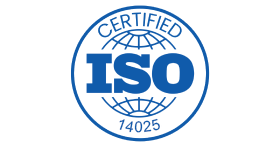



Want to discover how to make your products more sustainable?
Partner with Bevolve to conduct a comprehensive LCA and unlock insights that drive impactful environmental improvements.
Testimonials
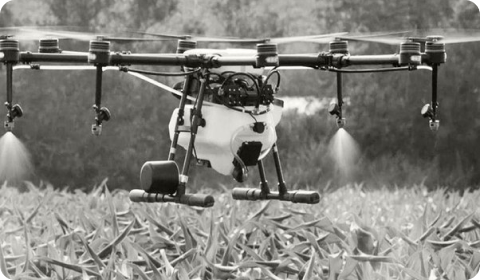
Abhishek Burman
Founder & CEO ![]()

Abhishek Burman
Founder & CEO![]()

Sumita Ghose
Founder ![]()

Sumita Ghose
Founder
![]()

Kathy
Co-Founder ![]()

Kathy
Co-Founder
![]()

Tomas Tomassen
Steward ![]()

Tomas Tomassen
Steward
![]()

Debabrata Sahoo
Co-Founder ![]()

Debabrata Sahoo
Co-Founder
![]()

Senior Management Team ![]()

Senior Management Team
![]()
Abhishek Burman
Founder & CEO
Abhishek Burman
Founder & CEO





